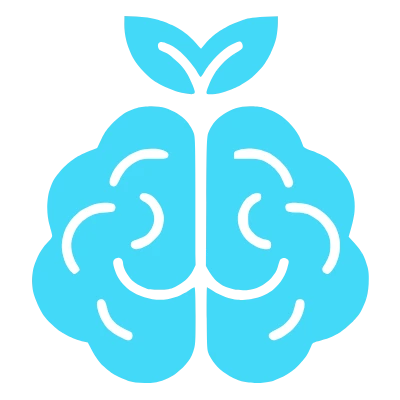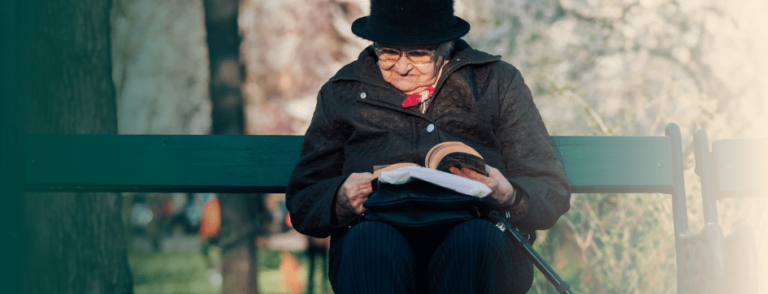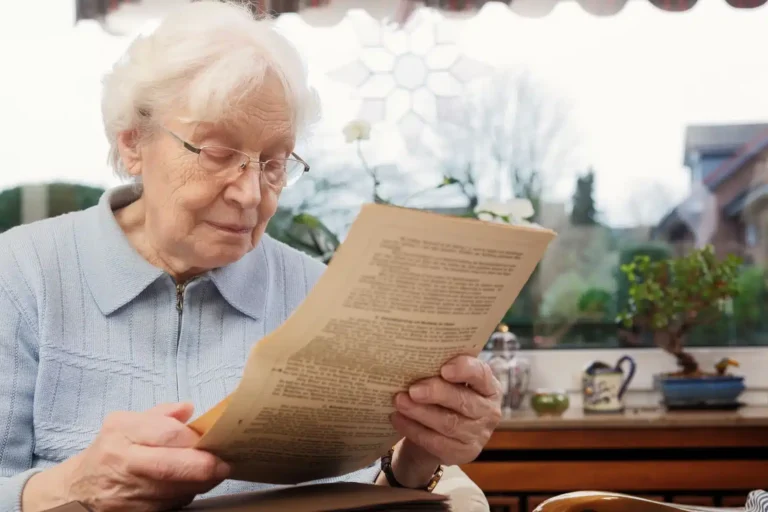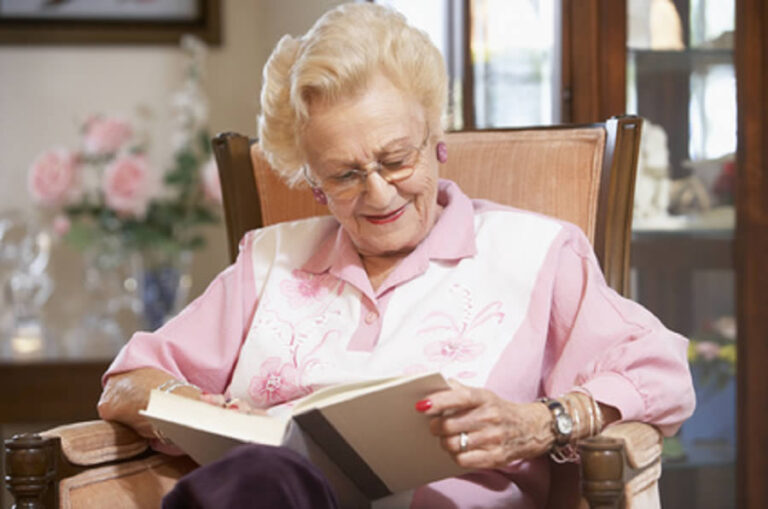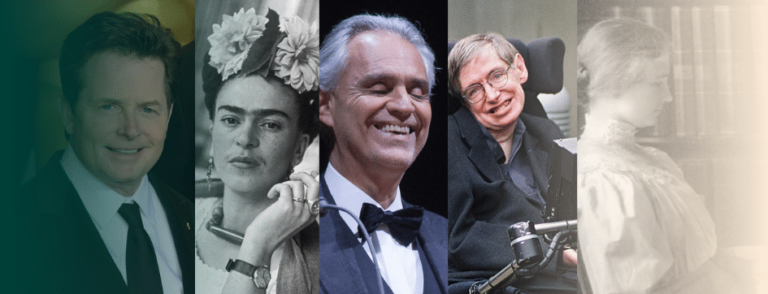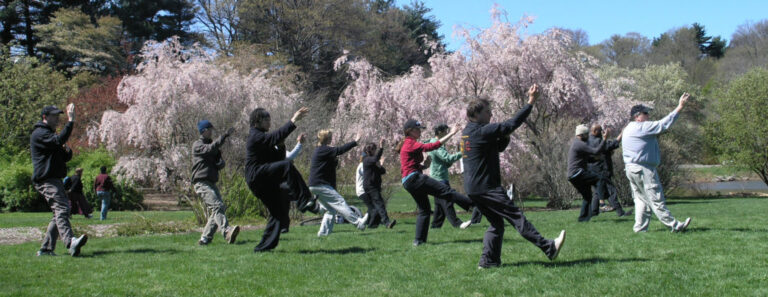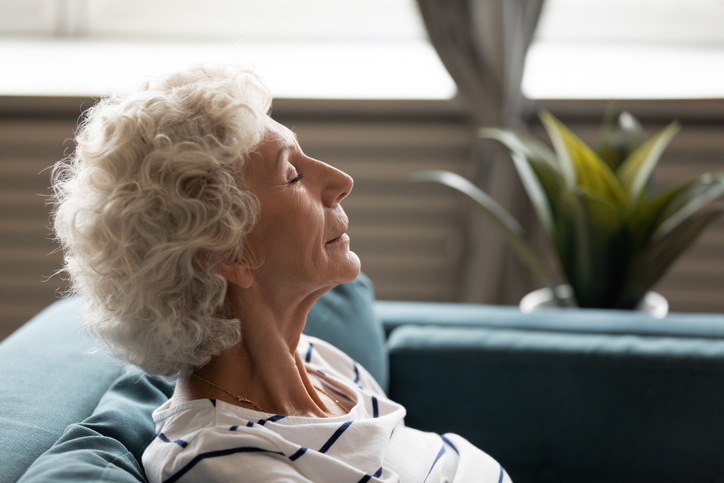The aging process involves a series of physical and emotional changes that require gradual adaptation. But we know that if we manage to address the deterioration of functional and sensory abilities early, we can try to preserve quality of life in old age. In this sense, psychomotor skills in the elderly plays a crucial role, since it allows us to slow down the progression of muscle atrophy, the loss of bone mass, strength, and autonomy that comes with aging, as well as cognitive deterioration, depression and anxiety, and social isolation.
But there is more, psychomotor exercises in older adults also stimulate the senses, maintaining sensory acuity and connection with the environment, while reducing stress and promoting emotional well-being by providing a form of relaxation and distraction.
What is geriatric psychomotricity?
Geriatric psychomotor skills is a discipline that focuses on the study and intervention of the psychomotor functions of older people.
The term “psychomotor” contains the prefix “psycho”, which means soul or mental activity, and the noun “motricity”, which refers to motor or movement. That is, it is a comprehensive concept of the person that unites body and mind.
Psychomotor skills in older adults focuses on maintaining and improving the quality of life in this vital stage through activities designed to stimulate and develop physical, cognitive, emotional and social skills. Geriatric psychomotor skills include evaluation, intervention and prevention, adapting individualized programs for each older person, with the objective of maintaining their physical and mental functionality, as well as their emotional and social well-being.
Objectives of psychomotor skills in older people
The objectives of psychomotor skills in geriatrics are varied and focus on improving different aspects of physical, cognitive, affective and social well-being.
To achieve this, it is necessary to enhance and stimulate the following areas, among others:
- Maintain and improve cognitive functions such as memory, attention, concentration and reasoning ability, thus helping to prevent cognitive deterioration.
- Develop a active aging healthy on the physical, mental and emotional level.
- Improve static and dynamic mobility and balance, as well as muscle development.
- Maintain and develop communication skills to facilitate personal relationships.
- Promote self-esteem and positive thoughts in the face of this new stage and the changes that arise from it.
- Control your breathing and apply techniques that promote relaxation.
- Stimulate the senses, such as touch, sight and hearing, to maintain and improve sensory acuity and connection with the environment.
Psychomotor exercises for seniors
There are many activities and games that allow adults to exercise psychomotor skills. From soft gymnastics boards and stretching, to everyday physical activities (such as cooking, ironing, folding and putting away clothes) through games, fine motor skills activities.
Here are some examples of psychomotor exercises for seniors:
Balance exercises:
- Stand on one foot for a few seconds, alternating between both legs.
- Walk in a straight line, placing one foot in front of the other, with arms extended to maintain balance.
- Stand on tiptoe and then slowly lower your heels to the ground.
- Place your hands outstretched against the wall. Slowly flex your arms to reach the wall. Then you have to push your body away from the wall to return to the original position.
Coordination exercises:
- Passing an object from one hand to the other, such as a ball or handkerchief, fluidly and precisely.
- Perform simultaneous arm and leg movements, such as raising one leg and the opposite arm at the same time.
Cognitive stimulation exercises:
- Play memory games, such as remembering lists of words or numbers.
- Solve sudokus, crossword puzzles or other word games.
- Perform activities that require following precise instructions, such as completing a puzzle or following a cooking recipe.
Sensory stimulation exercises:
- Use different textures to carry out activities, such as manipulating soft, rough, rough or smooth objects.
- Perform tactile perception exercises, such as recognizing objects with your eyes closed just by touching them.
Relaxation exercises:
- Practice deep breathing and progressive muscle relaxation.
- Perform gentle stretches to improve flexibility and reduce muscle tension.
Hand-eye coordination exercises:
- Practice throwing objects a short distance, such as throwing a ball at a target.
- Perform activities that require precise manipulation of small objects, such as stringing beads on a cord.
It is important that these psychomotor exercises for seniors are adapted to the individual abilities of each person and supervised to avoid injuries. In addition, they can be done in groups to encourage social interaction and mutual motivation.
Main benefits of geriatric psychomotricity
The benefits of psychomotor skills in the elderly are many and varied:
Improvement of mobility and physical functionality: Psychomotor exercises help maintain and improve mobility, strength and muscle mass, flexibility and coordination, allowing older people to carry out daily activities with greater ease and autonomy.
Cognitive stimulation: Psychomotor activities stimulate different areas of the brain, such as memory, attention, concentration and reasoning, which helps maintain mental acuity and prevent cognitive decline.
Fall prevention: By improving balance and coordination, geriatric psychomotor skills reduce the risk of falls and related injuries, which are a major concern in older adults.
Promotion of emotional well-being: Engaging in psychomotor activities can improve mood, reduce stress and anxiety, and promote a sense of achievement and personal satisfaction, contributing to overall emotional well-being.
Promoting socialization: Psychomotor sessions can be a good opportunity to interact with others and create social bonds, which helps combat isolation and loneliness, common factors in the elderly population.
Increased self-esteem and confidence: As older people improve their physical and cognitive abilities, their self-esteem and self-confidence also increases, allowing them to face the challenges of daily life with greater confidence and satisfaction.
Sensory stimulation: Psychomotor activities can also stimulate the senses, which helps maintain sensory acuity and connection with the environment, thus improving overall quality of life.
In summary, geriatric psychomotor skills offer a series of benefits that go beyond the physical aspects, positively impacting the cognitive, emotional and social health of older people.
Adapted psychomotor activities in NAMI
In NAMI residences and day centers, psychomotor exercises are carried out in spaces specially adapted and designed for this purpose. We have areas equipped with appropriate material to carry out activities, exercises and games that promote balance, coordination, cognitive stimulation and relaxation. These spaces are safe and accessible to all residents, and are used for both group and individual exercises.
In addition, at NAMI we have specialized occupational therapists who guide residents in performing the exercises, adapting them to their needs and abilities. The combination of adapted spaces and personalized programs guarantees an optimal experience for the physical, cognitive and emotional development of our residents.
